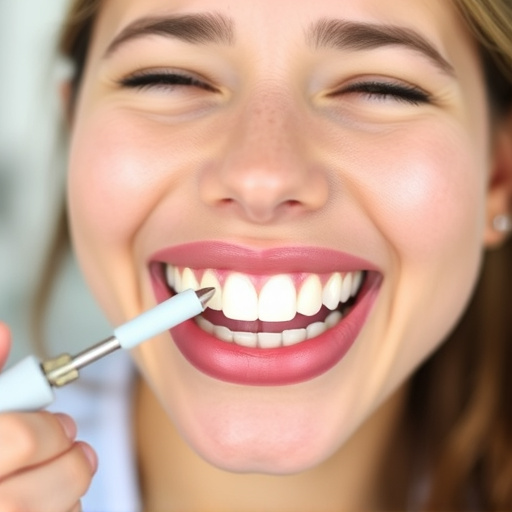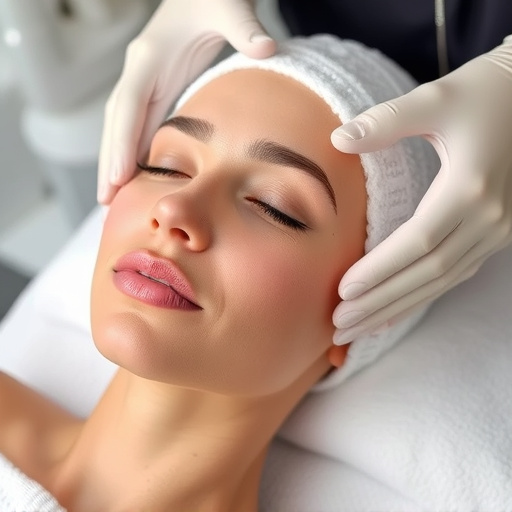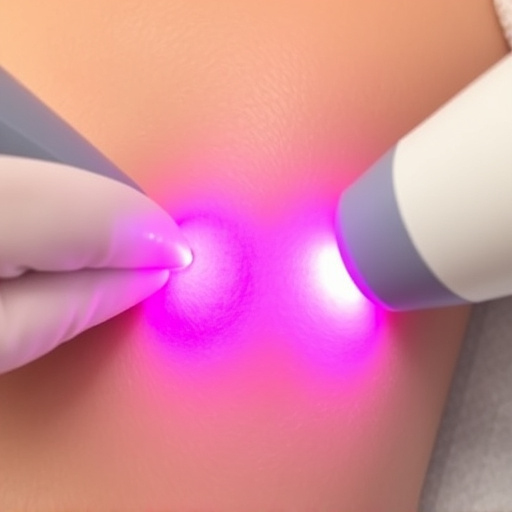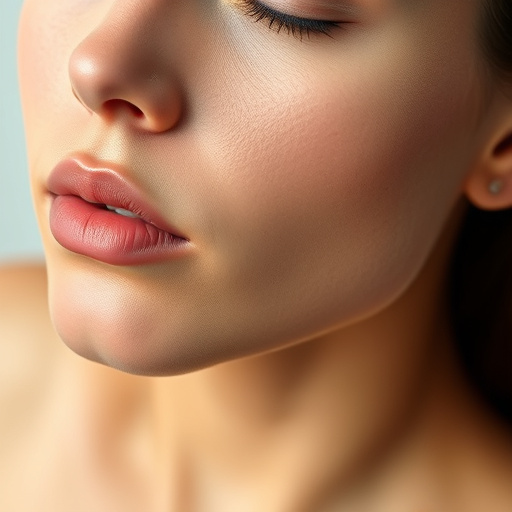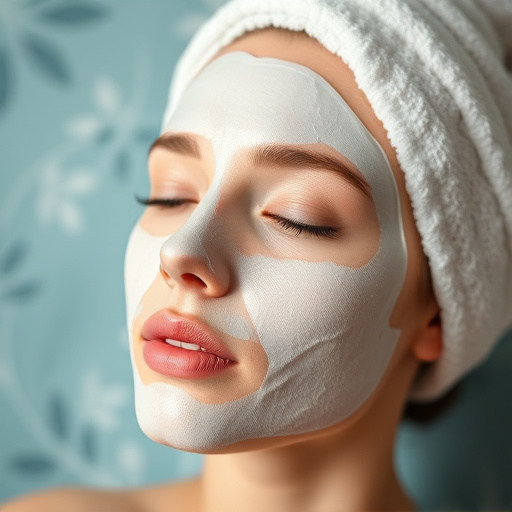Dermatitis, encompassing various skin inflammations, causes itching, redness, rashes, and blisters. Treatment focuses on managing symptoms and underlying causes, using moisturizers, cool compresses, antihistamines, light therapy, corticosteroids, and personalized skincare routines to reduce inflammation and itching for long-term relief. Consulting a dermatologist is essential for developing an effective dermatitis treatment plan.
Dermatitis, a condition marked by itchy, inflamed skin, can significantly impact daily life. This article delves into effective dermatitis treatment strategies, focusing on reduction of inflammation and itching. We explore the underlying causes and symptoms of dermatitis, providing key insights for managing this skin condition. Learn about topical and oral treatments designed to offer relief from itching while examining best practices to minimize inflammation. Discover practical steps towards achieving clear, comfortable skin.
- Understanding Dermatitis: Causes and Symptoms
- Key Strategies for Effectively Reducing Inflammation
- Topical and Oral Treatments for Itching Relief
Understanding Dermatitis: Causes and Symptoms

Dermatitis is a general term for a range of skin conditions characterized by inflammation, redness, itching, and rashes. It can be acute, occurring suddenly and intensely, or chronic, persisting over an extended period with intermittent flare-ups. The causes of dermatitis are diverse, encompassing environmental factors such as allergens, irritants, and extreme weather, along with internal triggers like stress, certain medications, and underlying medical conditions.
Symptoms vary depending on the specific type of dermatitis but commonly include dry, itchy skin, redness or blushing, small bumps or vesicles, crusting and flaking, and in more severe cases, blistering and scarring. For instance, atopic dermatitis (eczema), a prevalent form, tends to affect areas like the face, hands, and elbows in children and the neck, wrists, and ankles in adults. Recognizing these symptoms is a crucial step towards effective dermatitis treatment, which often involves a combination of over-the-counter or prescription medications, lifestyle changes, and aesthetic treatments like customized facials and pore refinement to soothe the skin, reduce inflammation, and alleviate itching.
Key Strategies for Effectively Reducing Inflammation
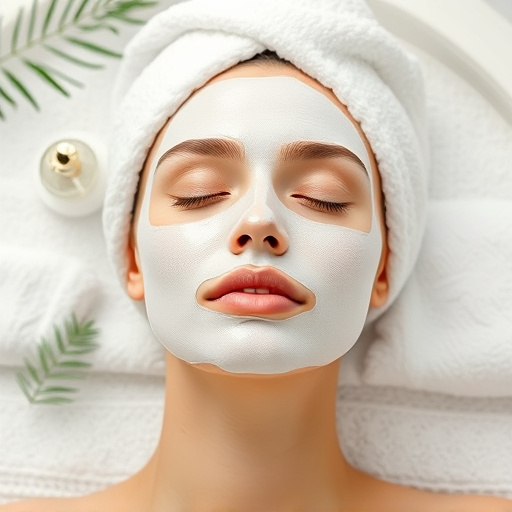
When it comes to dermatitis treatment, one of the primary goals is to effectively reduce inflammation and itching. Key strategies include the use of non-irritating moisturizers, which help to hydrate the skin and soothe inflammation. Applying cool compresses or taking antihistamine medications can also provide relief from itching.
Additionally, incorporating professional skincare services into your routine can be highly beneficial. Advanced techniques such as exfoliation and microdermabrasion, when performed by experts, can gently remove dead skin cells and reveal healthier, more radiant skin. Moreover, certain non-surgical treatments like light therapy and topical corticosteroids are designed to target inflammation directly, offering another layer of effective dermatitis treatment.
Topical and Oral Treatments for Itching Relief
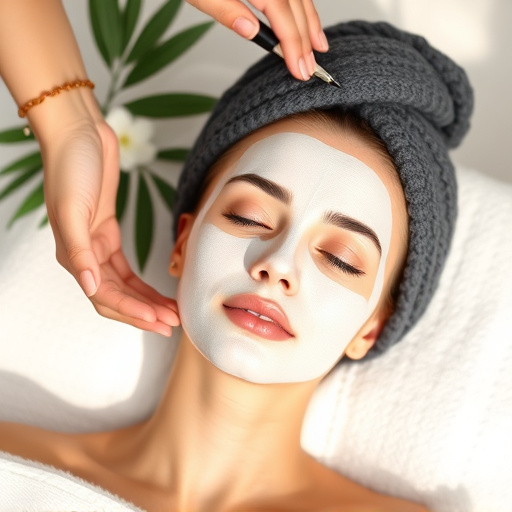
When it comes to dermatitis treatment, both topical and oral options offer effective ways to alleviate itching. Topical treatments, such as antihistamines and corticosteroids, are often the first line of defense. These can be applied directly to the affected area to provide rapid relief from itching and reduce skin inflammation. Corticosteroid creams and ointments come in various strengths, catering to different levels of dermatitis severity.
For more persistent or severe cases, oral medications may be prescribed. Antihistamines available by prescription can offer longer-lasting relief than their over-the-counter counterparts. Additionally, some oral corticosteroids are utilized for more intense inflammatory responses. While these treatments target itching and inflammation, personalized skincare routines incorporating gentle, hydrating ingredients can complement these approaches, fostering overall skin health. Remember, consulting a dermatologist is key to determining the most suitable dermatitis treatment plan, especially considering emerging procedures like laser hair removal may not be relevant to this specific condition.
Dermatitis treatment primarily revolves around mitigating inflammation and alleviating itching. By understanding the underlying causes and symptoms, individuals can employ key strategies such as avoiding irritants and using topical creams or oral medications to find relief. Effective dermatitis treatment aims to restore skin comfort and health, allowing those affected to live more comfortably in their daily lives.

